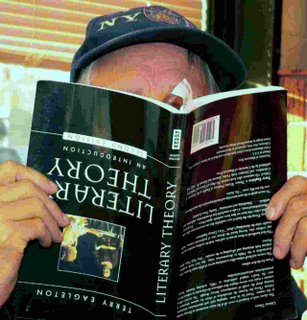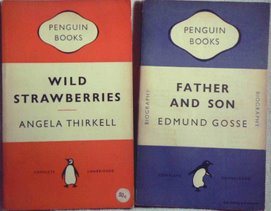Barney Rosset: Oral Overview of Evergreen & Grove. Over Thirty Years: 1950 - 1984
One of the many book imprints Publishers Group West represents to the reading world is Grove/Atlantic. PGW owns and/or services many, many formerly independent 'small presses', but Grove, to my mind, stands out as the most independent of the independents that were brought into Publishers Group West after merging into the mainstream to survive the 1990s and beyond.
(See PGW's 'Active Publishers List')
Grove Press had been associated with many experimental writers, especially Europeans. By publishing uncut manuscripts from Henry Miller, among others, Grove explicitly took a course that would end up in courtroom challenges over censorship. Rosset was fighting censorship 'Back East' in Boston before the San Francisco Howl challenge put City Lights Books on the literary map. Reading lit, even watching flics in an arts theatre across the US, was once an act tatamount to 'standing up' for First Amendment rights and prepared a generation of middleclass Northerners and Easterners as easy recruits in the mid-60s for the more engagé struggle for civil rights in the Deep South as the Mississippi Summer became a reality. (But I digress.)
PGW publishers own the copyrights to several historic titles on their backlists, books that are distributed through AMS, who declared bankruptcy two weeks ago.Some of the most interesting authors were first courted by American maverick bookman Rosset in the 1950s. Some titles had expired copyrights already.
Whether or not Rosset could corner a title or not, he was prepared to fight tooth-and-nail to publish Tropic of Cancer, Lady Chatterley's Lover and Naked Lunch between Grove covers. Publicity surrounding struggles in the courts only increased the thirst of readers for Grove's books. Book buyers were crawling out from under the weight of Officially Puritanical cultural control. The 50s zeitgeist that lingered as cultural rebellion helped keep Rosset and Grove afloat and independent for over 30 years.
Whatever it is that makes a fiction manuscript 'experimental' is impossible to define, even for the limited number of authors published by Grove. Toward the end of this interview, you'll hear Barney Rosset admit that J. R. R. Tolkien was too wild for this same guy who had published Naked Lunch.
From "Wired for Books"
Audio Interview with Barney Rosset
The controversial editor, Barney Rosset, talks with Don Swaim in this 1984 interview about his acquisition of Grove Press in the 1950's, which he transformed into the most innovative, alternative book presses of the time. He lists the scores of esteemed authors his company garnered and discusses the censorship lawsuits he fought. Barney Rosset introduced Americans to writers such as Beckett, Ionesco, Harold Pinter and Jean Genet.
To listen to the Barney Rosset interview with Don Swaim, 1984
(29 min. 43 sec.)
on -- RealPlayer
-- click below:
Stream: RAM File



No comments:
Post a Comment